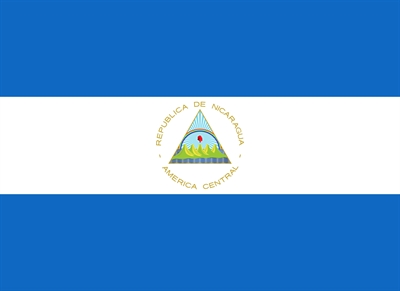Nicaragua - Committee on the Elimination of Discrimination Against Women - Death Penalty - September 2021
Date: September 20, 2021
Country: Nicaragua
Type: Intl Mechanism Submission
Issues: Death Penalty, Women's Rights
Mechanism: UN Committee on the Elimination of Discrimination against Women
Report Type: Shadow/Parallel Report
Country: Nicaragua
Type: Intl Mechanism Submission
Issues: Death Penalty, Women's Rights
Mechanism: UN Committee on the Elimination of Discrimination against Women
Report Type: Shadow/Parallel Report
- Widespread domestic violence and gender-based violence against women continue to be serious problems in Nicaragua. Entrenched patriarchal attitudes and negative stereotypes about women and their role in the family perpetuate this problem and leave women without the protection they need. Women activists who participated in protests between 2018 and 2019 also report that government security forced used excessive force against them.
- Following pressure from grassroots organizers, in 2012, Nicaragua passed Law 779, its first legislation combatting violence against women. The Law included a provision that prohibits the use of mediation in cases of domestic violence. In 2013, however, the National Assembly passed a modified law that reintroduced mediation for first and minor domestic violence offenses. President Ortega also issued two decrees in 2014 that reduced the scope of femicide and shifted responsibility of implementing the law to the Ministry of the Family.
- Law enforcement and other governmental bodies perpetuate gender-based violence and domestic violence. Women report that officials close or dismiss their cases because they do not have adequate training on the seriousness of domestic violence. Many women also report that officials reinforce negative stereotypes and attitudes. Further, women often do not report violence because they fear the negative perceptions of law enforcement, their families, and society at large.
- The Advocates for Human Rights has received direct information about gender-based violence against women, domestic violence, and retaliation against political opposition activists from survivors seeking asylum in the United States. The firsthand experiences of The Advocates' asylum clients confirm that the country's legal system and policies fail to protect women from violence, both in the public sphere and in the home.




